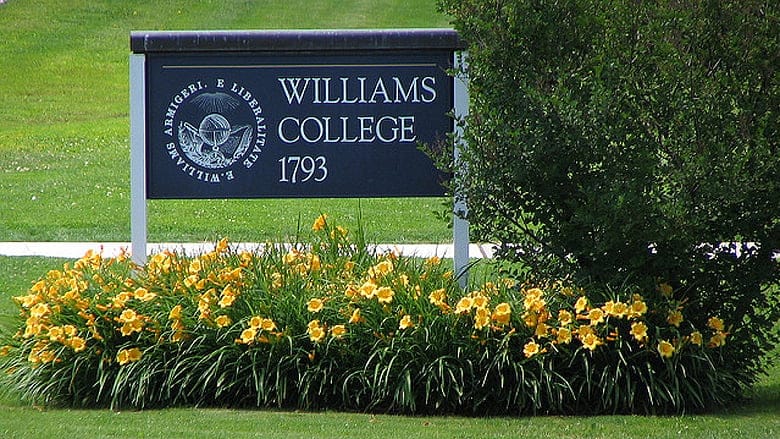Massachusetts students resist politically correct campus culture

CAMBRIDGE – While universities nationwide have made headlines for their crackdown on "microaggressions" and their creation of "safe spaces" away from offensive conversation, some Massachusetts college students think their peers are being overly sensitive.
Harvard University sophomore Rachel Huebner, an editorial writer for the Crimson student newspaper, recently penned a column against this "culture of sensitivity."

